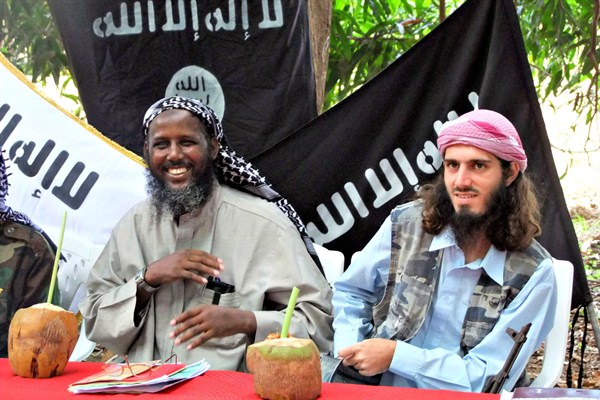On Aug. 13, Somalia’s government won a perceived victory in its fight against al-Shabab when Mukhtar Robow, the former deputy leader of the militant group, surrendered. Also known as “Abu Mansur,” Robow was one of the group’s founding leaders, and the only one still living who had trained with the Taliban in Afghanistan. His decision to stop fighting invited speculation that other militants might also lay down their arms.
Yet as has been the case with a series of recent high-level defections, the specific circumstances of Robow’s surrender suggest it may not represent a major turning point in the battle against al-Shabab, and could instead amount to little more than a public relations coup.
Of greater consequence will be how the government of President Mohamed Abdullahi Mohamed, known as Farmajo, treats Robow now that he’s in custody. A decision to grant him the same blanket protections that have been extended to other high-profile al-Shabab defectors would do little to deter future atrocities while simultaneously undermining reconciliation efforts.

